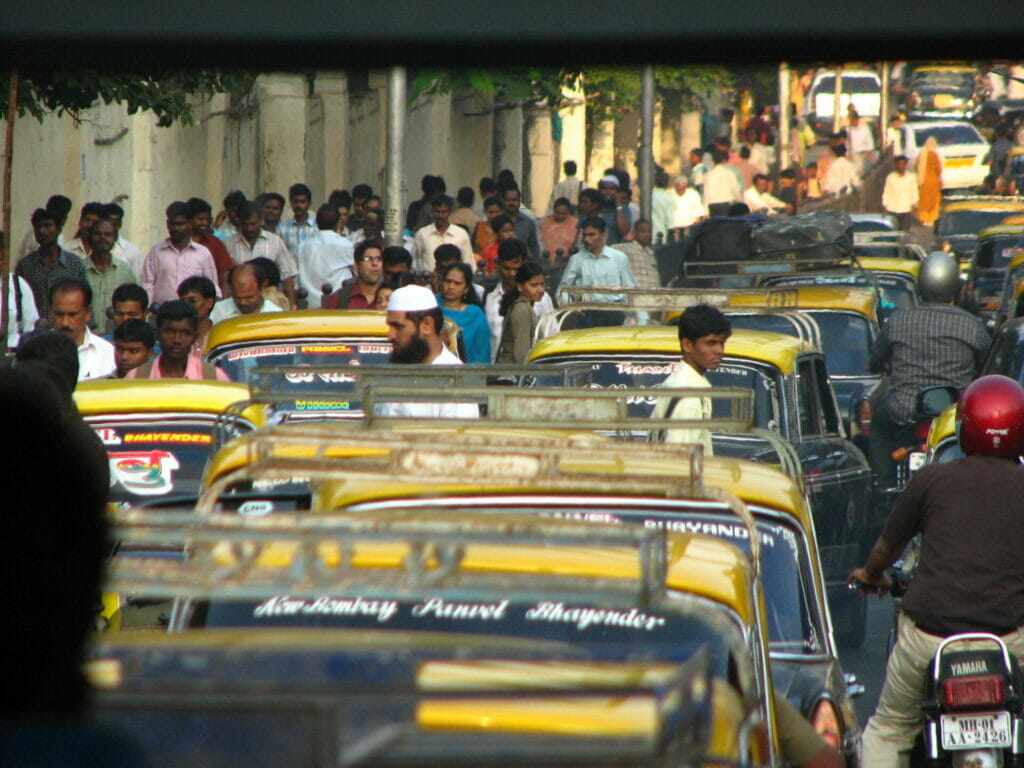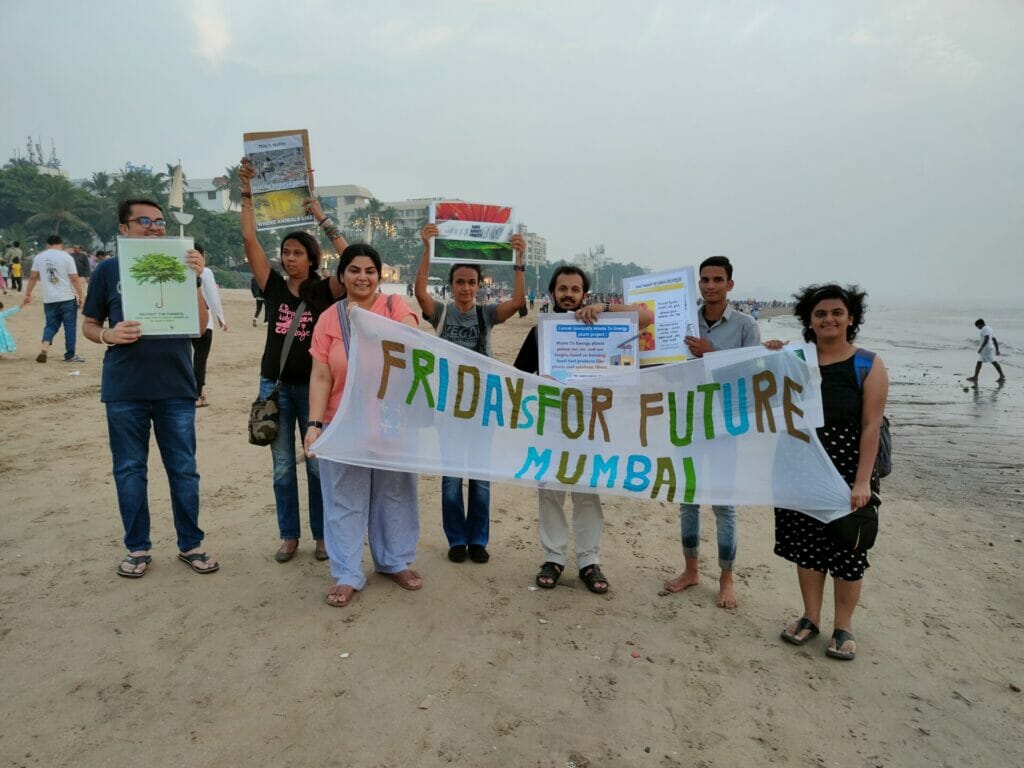For a conference sponsored by Coca-cola, it is not surprising that representatives of the most-polluting fossil fuel industries at the COP27 increased by 25% from last year, overshadowing the number of representatives from any global south nation.
Moreover, COP27, which concluded recently, failed to highlight the irreversible damage caused by fossil fuels. The brief mention of fossil fuels was related to phasing out “inefficient” fossil fuel subsidies and not all fossil fuel subsidies. The pollutant’s very name was explicitly avoided in the final key decisions draft, despite India pushing for a Fossil Fuel phase-down.
The slippery language used for the final text gives fossil fuel companies a wide berth to simply offer one product instead of another. Gas, though largely unsustainable, fits the bill of being “low emission” according to the final COP27 outcomes. By “stressing” the importance of a so-called “clean energy mix” of low-emission and renewable energy, COP27 failed to realise the radical approach needed to truly mitigate the climate crisis’ impact.
However, one hopeful sign from this COP was its groundbreaking officiation of a ‘Loss and Damage Fund’. This fund will potentially enable countries from the global south to access much-needed finance to recover from climate disasters. For example, financial support is critical to securing livelihoods and ecologies in regions or entire countries like Pakistan recently, impacted by massive flooding. As a nation, India has always been able to provide funds in the event of climate disasters.
What India, and other global south nations, need are funds for enabling transition from a fossil fuel-based economy to a renewable energy-based one.
Fossil fuel phase out in Mumbai
The Mumbai grid is majorly dependent on coal (95% according to a 2021 report), with much of its developmental projects fuelled by this energy source. Recently, Mumbai’s air quality made headlines again, when its overall Air Quality Index (AQI) stood at 315, categorised as ‘Very Poor’. This was worse than that in Delhi, which is notorious for being a severely polluted city!

Even the metro runs on energy that is only marginally sourced from renewable solar power. Not to mention the fact that raw materials needed for Mumbai’s development projects like the new metro line are also transported using fossil fuels. Electric vehicles, considered an eco-friendly alternative, are hardly an effective solution when they run on coal-powered electricity and rely on mined raw materials, such as cobalt.
But, “governments and business leaders are saying one thing and doing another,” as the UN Secretary General Antonio Gueterres stated. Companies associated with fossil fuels, which are based in Mumbai, claim that they love the environment and make employees participate in beach clean ups. Instead we need to focus on the benefits of degrowth and stop chasing unattainable financial benefits of continuing business as usual.
Read more: Impact of climate change in Mumbai to increase, according to new report
Fossil fuel non-proliferation treaty
An international fossil fuel non-proliferation treaty is the need of the hour. It must include a just, fair and total phase-out of fossil fuels and has already been called for by the pacific nation states of Vanuatu and Tuvalu. Such a treaty would do wonders for cutting down on greenhouse gas emissions (the major cause for the climate crisis).
It was recently endorsed by the Kolkata government too. The Mayor of Kolkata, in his statement about the endorsement, said, “We (the government of Kolkata), with support from the state government, have been pushing several actions like running the city’s commercial vehicles on non-fossil energy sources from 2030, particularly promoting electric vehicles in a major way; which will significantly reduce the city’s carbon footprint.”
FFF’s campaign for fossil fuel non-proliferation treaty
Fridays for Future Mumbai (FFF Mumbai), a chapter of the international Fridays for the Future movement, is campaigning to get city governments to endorse the Fossil Fuel Non-Proliferation Treaty (FFNPT)—so that India can join Vanuatu and Tuvalu in calling on an international agreement for fast, just transitions. If Mumbai, the financial capital of the country, joins the ranks, we could see corporations being held accountable and finance being directed away from the fossil fuel industry.
At our on-ground strike, we marched along Juhu beach, handing out small flyers with bilingual information and speaking to people about the Fossil Fuel Non-proliferation Treaty. It was an attempt to make climate information and action more accessible. Our team of volunteers also requested people to sign our petition to Mumbai and other cities’ governments.
Read more: An open letter from a student joining the climate justice movement in Mumbai
The Mumbai Climate Action Plan’s (MCAP) 2050 goal for complete renewable energy transition is not ambitious enough. Each year, the heatwaves and floods get worse, and it is the marginalised – most affected people and regions of the city – that are getting impacted. By the same year of 2050, reports by scientific bodies like the IPCC (Intergovernmental Panel on Climate Change) have starkly predicted that major chunks of the city will be under the sea.
A just transition to renewable energy must start right now. Direct funds away from “developmental projects” encroaching on indigenous land, to, instead, fuel emerging sustainable energy sources!
Monopolies and billionaires who exploit land and people to mine fossil fuels ought to be taxed heavily, in order to distribute funds towards increasing renewable energy sources. These funds ought to also go into the training, health and safety, and rights protections of workers and labourers in the energy industry. Together, we can steadily increase the renewable energy “pie slice” in Mumbai’s energy usage.


Hence, we need more focused policies and funding on sustainable living and urban planning. We can do this by reclaiming sustainable public transport; just selling private EVs is not the solution. By taxing polluters and stopping all unnecessary “growth” projects to truly embrace a future that is sustainably liveable for all.
Check Fridays for Future Mumbai’s social media pages to get updates on how you can support the FFNPT endorsement campaign, after signing the petition.